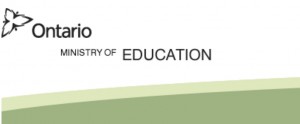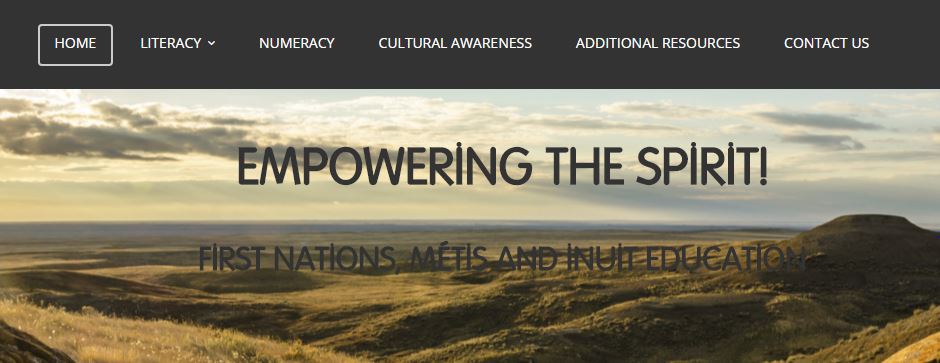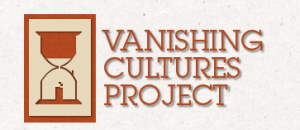https://www.edu.gov.on.ca/eng/research/eFaries.pdf
This online article, by Dr. Emily Faries, is hosted by the Ontario Ministry of Education. It is an attempt to help educators understand the issues facing aboriginal students from a historical perspective. It details the lack of aboriginal representation in provincial curriculums and points to government concessions that indeed the needs of aboriginal students are not being met. Identity is a major theme of the essay, as is spirituality and connection to the land. Dr. Fairies overall message is that the Ontario Ministry of Education has an opportunity to fix the wrong of the past and she makes a strong case. This paper would be an excellent read for those interested in aboriginal educational reform.


